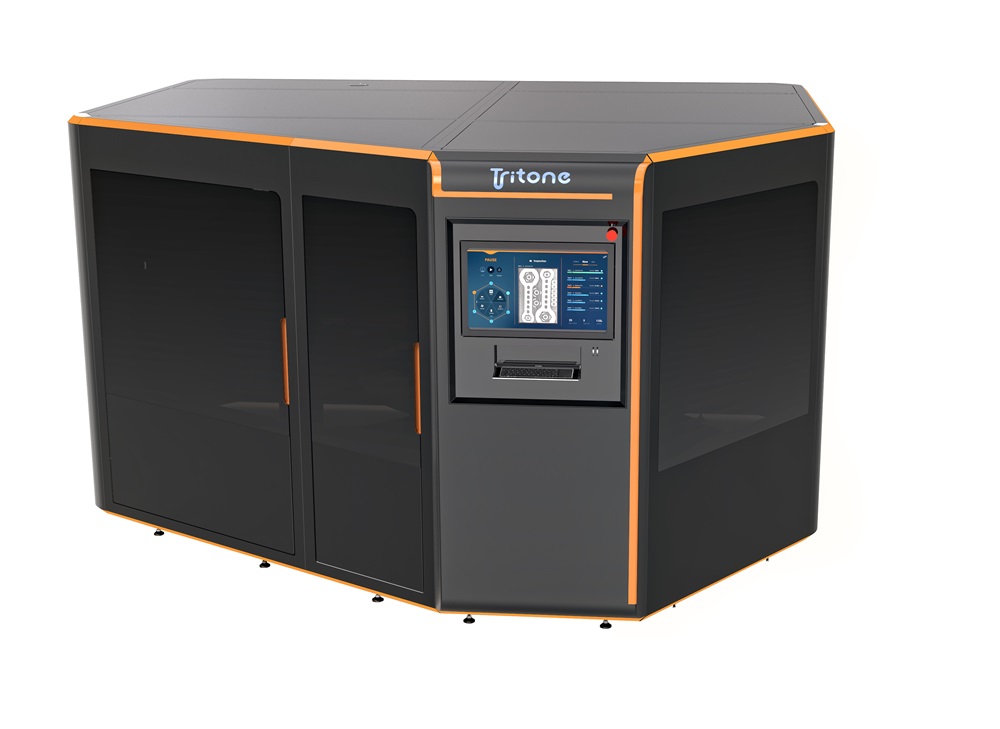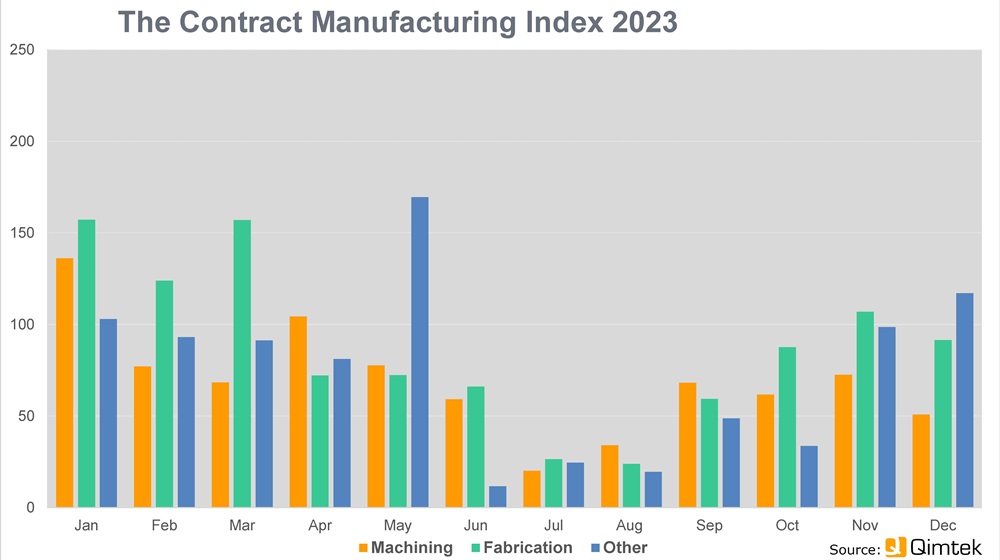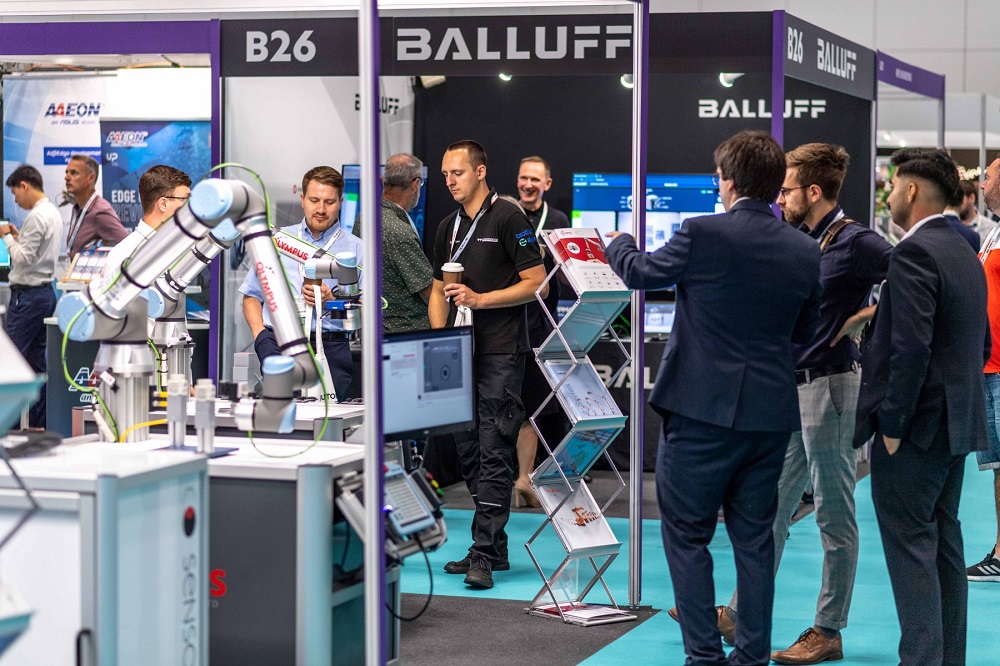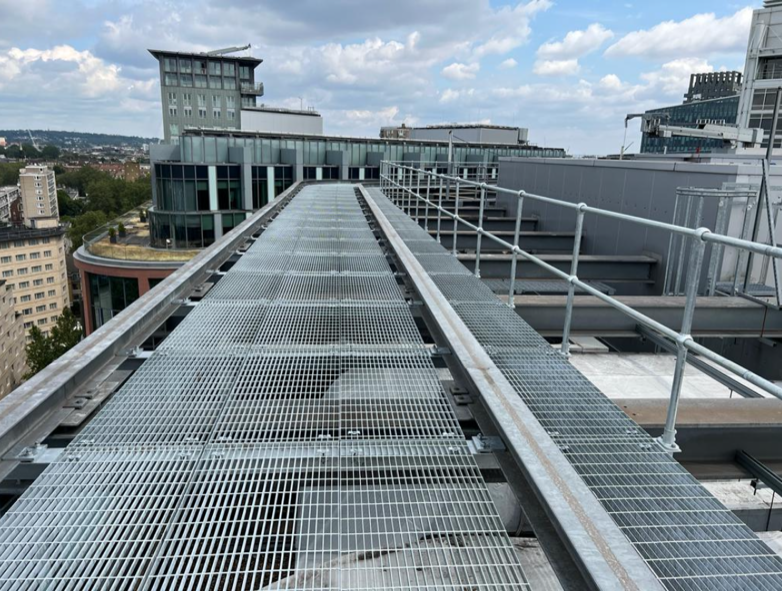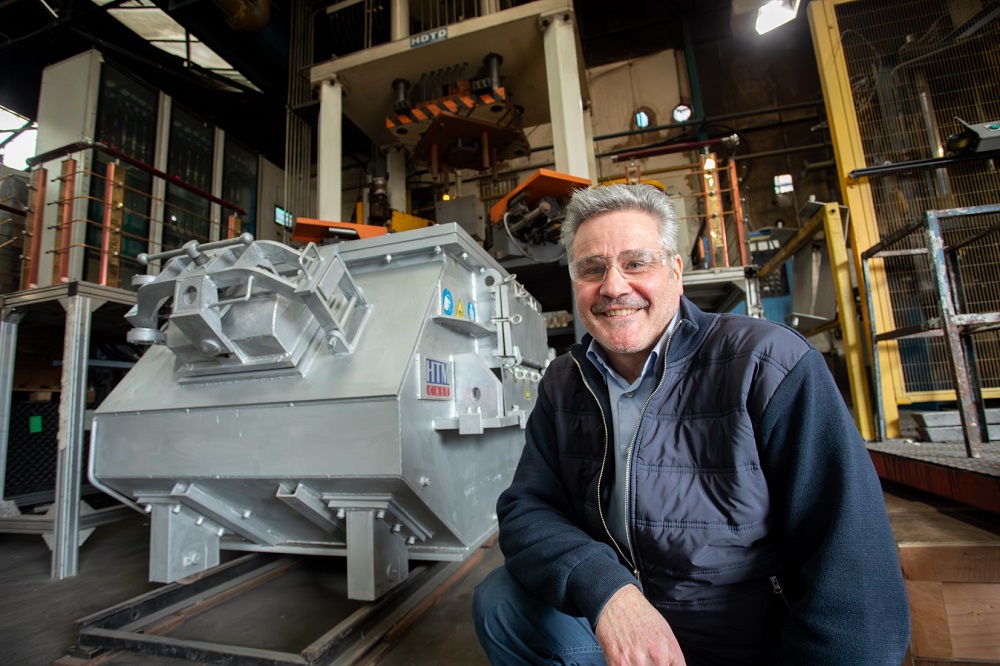NCMT has signed an exclusive UK distribution agreement with Tritone Technologies, a specialist in metal additive manufacturing (AM). Jonathan Smart, managing director of NCMT, says: “We’re now entering the AM sector, elevating our capabilities to meet the evolving demands of modern industry. The integration of Tritone’s advanced MoldJet technology not only diversifies our portfolio but also solidifies our position as a leader in shaping the future of precision engineering and manufacturing.” MoldJet allows quick and easy changeover between various metals for parallel manufacturing of different parts.
For further information www.ncmt.co.uk






